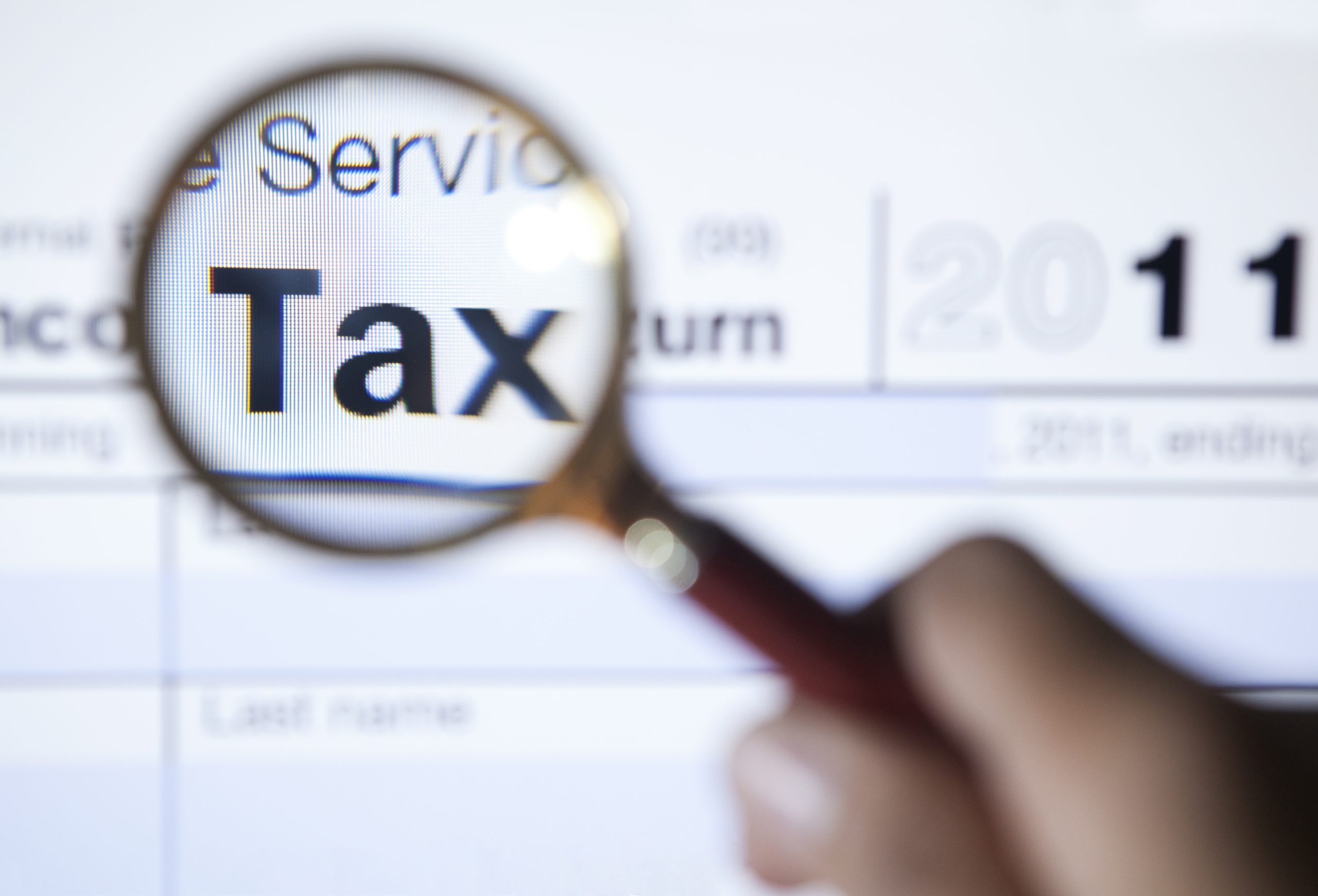Has Tax been making headlines for the right reasons?
Tax has never been the sexiest of subjects, though for many of us, working with it does have a certain charm. In recent years, however, high profile cases of tax […]

Tax has never been the sexiest of subjects, though for many of us, working with it does have a certain charm. In recent years, however, high profile cases of tax avoidance from well-known individuals and corporations have been grabbing headlines, going some way to help bring a touch of spice and rejuvenated interest to the subject.
Indeed, it was recently reported that HMRC are currently investigating £1.9bn of unpaid tax from high net worth individuals, which may well include some household names. Around a third of such people (those with assets worth more than £20million) are being investigated and it is believed that around 15% of them will have used at least one marketed avoidance scheme.
HMRC has a special unit to dedicated to collecting this kind of tax – which we imagine would be probably one of the more interesting HMRC departments to work in – and right now it probably has its work cut out for it with figures like that. Tax accountants on the other side of the table, though, may have an equally interesting job in employing creatively correct ways to minimise their clients’ tax bills. But is that all about to change?
New tax avoidance guidance issued by institutes
In coincidental new this week, updated guidance on the standards expected of tax advisers and agents has been jointly published by the UK’s leading accountancy and tax bodies. The guidance has been endorsed by HMRC and sets out clear professional standards in relation to the facilitation and promotion of tax avoidance.
Known formally as the Professional Conduct in Relation to Taxation (PCRT), the guidance has been updated regularly in its 20 years’ existence, and this is the latest update designed specifically to bring more clarity to existing documentation and help make clear that tax avoidance schemes and bad behaviour is not acceptable.
The updated guidance is based on five fundamental principles; integrity, objectivity, professional competence and due care, confidentiality, and professional behaviour. It sets out the high ethical standards between the tax adviser, client and HMRC, and is aptly timed given HMRC’s recent claims to give tougher sanctions to those guilty of tax avoidance.
The professional bodies have strengthened the existing principles with five new tax planning standards for this latest update. These include a clear standard that members “must not create, encourage or promote tax planning arrangements or structures that (i) set out to achieve results contrary to the clear intention of Parliament in enacting relevant legislation, and/or (ii) are highly artificial or highly contrived and seek to exploit shortcomings within the relevant legislation.”
If you work in tax, we recommend you seek guidance from your employer and professional body as soon as possible to ensure you follow the new guidelines correctly.
The right qualification for your career goals
Choosing the right qualification and study path is invaluable to helping you achieve your career goals, but sideways moves are always possible. For starters, the AAT Professional Qualification, CIMA Certificate in Business and ACCA Knowledge will each give you a solid grounding in the main areas of accountancy and finance to help you decide further. Then the next step is generally to study towards becoming a Chartered Accountant, either through the ACCA Professional, CIMA Professional and ACA – whichever is most relevant to your chosen path.
Speak to us if you’d like some guidance on the most appropriate qualification for you.



